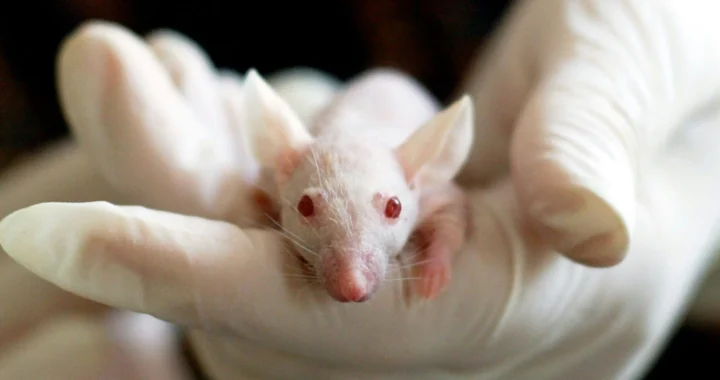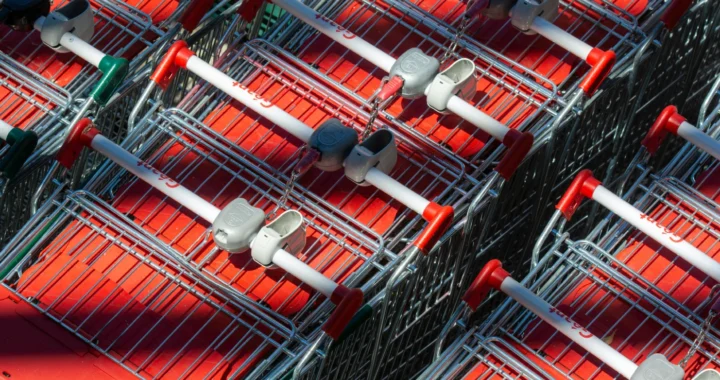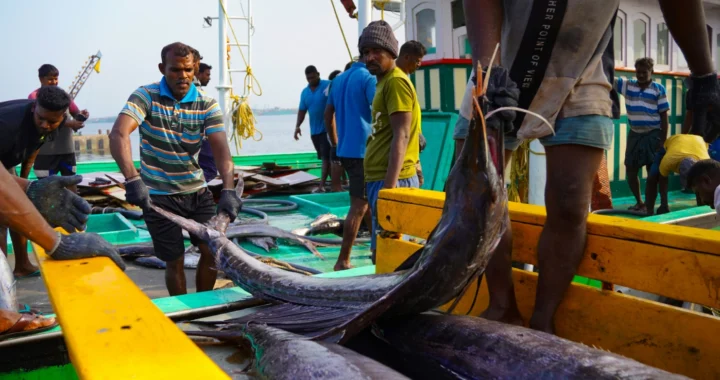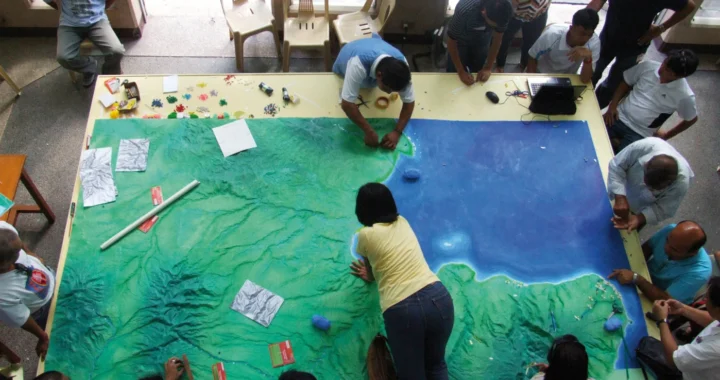Looking into the Arnhem Debt-Relief Trial Program in the Netherlands

Photo: Freepik.
Despite being a widespread and persistent issue around the world, poverty is often seen as a result of personal failure. In truth, poverty is a systemic issue that demands a bold change and robust support from the system itself. Arnhem, a city in the Netherlands, has commenced a new debt-relief program for 40 – 60 families in one of the country’s poorest neighborhoods. The Arnhem debt-relief trial program will clear their debts without repayment obligations.
Not a Moral Failure
“A failing, something immoral. It’s got all these connotations of crime, immorality, of not being able to fulfill your end of the bargain,” said Robert Vonk, a professor at Utrecht University, about most people’s view on debt.
This common perspective overlooks the structural issues that cause people to fall into debt and live in poverty in the first place. It also wrongly ‘forgives’ the existing systems that tend to keep people in multidimensional poverty instead of pulling them out of it.
In the Netherlands, there are councils responsible for helping indebted citizens. For instance, Amsterdam and Utrecht have their own debt-relief initiatives with different targets, conditions, and repayment models.
However, Arnhem’s chief councilor of social security, Mark Lauriks, thinks the system is faulty. He said, “We have a system in place, but it doesn’t work for the people that need it most. The entire system costs us billions and billions more than the initial debt.”
The Arnhem Debt-Relief Trial Program
The trial program targets the Immerloo II area, one of the poorest neighborhoods in the city. This two-year trial run hopes to involve 40–60 indebted families with some considerations, such as debt size and duration, number of creditors, and whether the families have children.
What is distinctly bold about the Arnhem debt-relief program is that it offers total debt forgiveness with no repayment obligations. However, the families will receive support and coaching in finance management and to find decent work for the next two years.
The €700,000 fund for this program does not come from taxpayers’ money. It reportedly comes from various charity organizations. Additionally, in the preparation stage, the council found that some major creditors—in the energy and health sectors—would be willing to lower the amounts for a lump sum. Therefore, the council and government are left with only the project’s research and execution costs.
Rethinking the System
The Arnhem debt-relief experiment gets mixed receptions from citizens and experts alike. Many indebted families are wary of the government, though others see the program as a good opportunity. Assistant Professor Maurits de Jongh from Utrecht University questions whether the program would sustainably keep people out of debt without other necessary structural changes.
“The minimum wage is just too low to make ends meet,” acknowledged Lauriks. Still, he remains firm in his conviction about the trial program. He said, “This trial is also meant to start a rethink on how society and the government handle debt.”

Join Green Network Asia Membership
Amidst today’s increasingly complex global challenges, equipping yourself, team, and communities with interdisciplinary and cross-sectoral insights on sustainability-related issues and sustainable development is no longer optional — it is a strategic necessity to stay ahead and stay relevant.

Nazalea Kusuma
Naz is the Manager of International Digital Publications at Green Network Asia. She is an experienced and passionate writer, editor, proofreader, translator, and creative designer with over a decade of portfolio. Her history of living in multiple areas across Southeast Asia and studying Urban and Regional Planning exposed her to diverse peoples and cultures, enriching her perspectives and sharpening her intersectionality mindset in her storytelling and advocacy on sustainability-related issues and sustainable development.


 Exploring Technological Advancement to Replace Animal Testing
Exploring Technological Advancement to Replace Animal Testing  Addressing Overconsumption for Transformational Changes
Addressing Overconsumption for Transformational Changes  Global Reform on Fisheries Subsidies Signals a Hopeful Shift Toward Ocean Sustainability
Global Reform on Fisheries Subsidies Signals a Hopeful Shift Toward Ocean Sustainability  A Major Cause of Changing Rainfall Patterns
A Major Cause of Changing Rainfall Patterns  Strengthening Disaster Risk Governance at Local Levels
Strengthening Disaster Risk Governance at Local Levels  Recognizing the Role of Local Communities in Biodiversity Conservation
Recognizing the Role of Local Communities in Biodiversity Conservation